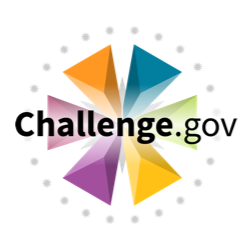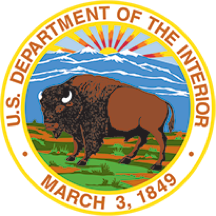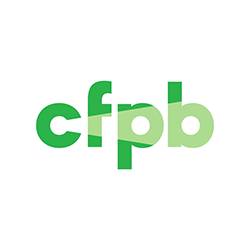News and Updates
Innovative work, news, and ideas from people and teams in government
Challenge.Gov FY22 Year In Review
Challenge.gov is proud to be part of an ecosystem advancing open innovation in the federal government and engaging the public in open ways. Through the collective efforts of federal challenge managers and the ChallengeGov team, Challenge.gov hosted more prize competitions from a greater number of federal agencies than in previous years. Review fiscal year 2022’s accomplishments, and five goals for FY23.— via Challenge.gov

18F Checks In With Emily Read and the USGS Water Resources Mission Area Projects
At 18F, we like to keep in touch with our project partners. 18F partnered with the USGS Water Resources Mission Area from March 2020 to June 2022 on a wide variety of projects together. We caught up with Emily Read, Chief for the Web Communications Branch at USGS Water Resources Mission Area.— via 18F

Digital governance at GSA
A peek into GSA’s internal processes for managing their websites and improving digital experience.
Faster build times on cloud.gov Pages
We’ve made two recent changes to cloud.gov Pages to make website deployment faster so you can focus on your code, design, and content.— via Cloud.gov

The U.S. Web Design System (USWDS) and onrr.gov
The U.S. Web Design System (USWDS) includes five design principles that facilitate human-centered design. In this post, we look at the work our team does to make sure we’re meeting each principle.— via Office of Natural Resources Revenue

Three Tips for Using Facebook and Instagram Stories
At USA.gov and USAGov en Español, we’re always looking for better ways to connect people to government information through social media. Using stories has helped us increase our engagement rate and our number of followers as we deliver helpful information to people. Stories may be a good addition to your agency’s social media strategy, too. These three tips can help you get started.— via USA.gov

Strengthening information accessibility for consumers with limited English proficiency
We listened to feedback from people who use our materials in various languages to make sure people could find the information they need most, in the language they prefer. Now we’re relaunching our pages in multiple languages.— via Consumer Financial Protection Bureau

We asked our design team: What did you learn in 2022, and what are you looking forward to in 2023?
The beginning of the year is a good time to hunker down, reflect on the past, and envision the future. We brought some of that reflection into a design chapter meeting, where we asked the team: “What did you learn in 2022? What are you looking forward to in 2023?” Here’s what some of our team members had to say.— via 18F

Increasing public participation in user research
Collaborate with the TTS Public Benefits Studio
The Benefits Studio is seeking feedback and collaboration as it explores texting as a tool to improve the public experience of benefits programs.
#GovLove 2023
We’re spreading the #GovLove with Performance.gov the week of February 13th to celebrate public servants like you! Prepare your hearts to be warmed.— via Performance.gov

How to manage a federal website
Managing government websites is a targeted exercise. Here are 5 steps to help you build and maintain a successful one.
9 web resolutions to jump-start 2023
Nine areas to focus on in the coming year to take your digital sites and services to the next level.
Bringing design in-house
What is design, who are designers, and how can they help your agency? Learn how to build a design team that can help your agency solve “wicked problems” and be more innovative.
Continuously improve your website by using customer feedback and web analytics: An IRS case study
Revisiting who uses ONRR.gov: refining personas
We’ve conducted several studies where we’ve noticed gaps in our onrr.gov personas, so we decided to revisit them.— via Office of Natural Resources Revenue

Consumer Financial Protection Bureau (CFPB) Equity-Centered Design Guidelines
This guide contains initial steps for designers, researchers, and developers at the CFPB to help give the communities we design greater power and authority in the design and research process.— via Consumer Financial Protection Bureau












